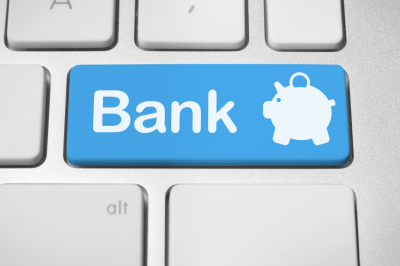
ACH & E-checks: The Basics You Need To Know
ACH payments, of which E-checks are a type, move money directly from one bank account to another via the Automated Clearing House (ACH) network. Payment types include direct deposits (e.g., payroll) and direct payments (e.g., accepting payments from consumers or vendors).
ACH transactions are batched together and processed over the network at specific intervals each day. There are some up-front bank account validation measures taken, but ACH transactions are not approved or declined within seconds at the point of transaction, like credit cards are.
It is not until the transaction is received by the receiver’s bank (RDFI) that it can be accepted or rejected. Therefore, ACH transactions can be returned several days after being processed, due to issues upon reaching the receiver’s bank, such as Insufficient Funds, Invalid Account, Account Closed.
ACH for individual banking services can take 1-7 business days for the money to clear, depending on several factors, including the type of transaction, what day of the week and time of the day it is processed, and the originator’s setup.
NACHA regulations require that the originator get authorization to debit or credit a consumer or business’ bank account. The specifics of what that authorization needs to look like depends on how the transaction is created. For example, does the consumer enter their bank account information online on a checkout page? Do they give authorization over the phone? Or in writing? Each type of transaction must be authorized, and you may be required to provide proof of authorization (POA) at a later date, to fight a potential ACH dispute.
Fraud (including friendly fraud) is still possible with ACH transactions, although rarer than with credit cards.
Benefits:
- Cost effective – in many cases ACH transactions are assessed a flat fee. When your average transaction size is larger, like many VRPM’s are, that flat fee can often be less expensive than credit card fees would be
- In some regions of the country, ACH is the preferred electronic payment method of consumers
- Saves time and paper over physical checks
Drawbacks:
- tends to be a little slower than credit card transactions
- Not an ideal solution for last minute reservation payments – Consumers can dispute a debit to their bank account for 60 days after it is received, and the merchant has no recourse. When debiting corporate bank accounts, that window is only 3 days
If you have any questions about ACH/E-check processing, or would like to discuss our product offerings, please contact us at clientsuccess@ascentpaymentsolutions.com.
Categories
Share This Content